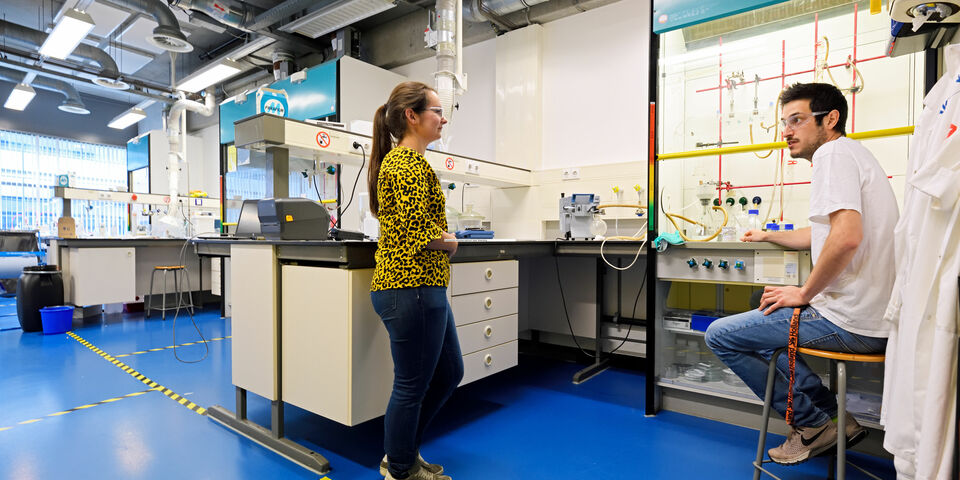The Netherlands has a lot of PhD candidates with their ‘own’ funding
More than half of the PhD candidates at Dutch universities (55 percent) are in employment. The rest are trying for a PhD at their own expense or for example with a foreign grant. In percentage terms, TU/e has the most PhD students with employment contracts with the university, but also the fewest PhD students with external funding.
You can write a dissertation and get a doctorate while in the employment of the university. 51 percent of PhD candidates in the Netherlands are doing this and a small number of other employees with research time (4 percent).
In addition, there are some external PhD candidates, who are writing their dissertation in their free time or at their own expense. These represent 16 percent of all PhD candidates, according to new figures from Universities of the Netherlands (UNL).
There are also PhD candidates with external funding, who have for instance been given time for the PhD programme by their employer or who come here on a foreign grant. And Groningen has a particularly large number of Dutch PhD candidates with a grant, although that ‘experiment’ will end soon.
NRC: “Unease and shame”
On Monday, daily paper NRC published an extensive article about the types of PhD candidates at Dutch universities. The article is headed: “Unease and shame over the rise of free PhD candidates.” The universities get a bonus for each doctorate awarded: 83,000 euros. This supposedly turns ‘free’ PhD candidates into an earnings model.
Education Minister Robbert Dijkgraaf announced earlier this year that he is ending the experiment with Dutch PhD candidates with a grant. There is apparently too little support for it. Bur foreign PhD candidates with a grant, from China for instance, can still come.
In NRC, urban geography professor Rivke Jaffe (University of Amsterdam) talks of a division along racial lines. “Almost all PhD candidates from Europe or the USA have an employment contract, while PhD candidates from China, Indonesia or Chile come to the Netherlands with a grant of 1,350 euros per month.”
The newspaper also quotes the rector of Nijmegen University Han van Krieken, who would like the 83,000 euro bonus for the completion of a doctorate to be abolished. He says that several other administrators think the same way.
The figures
The UNL figures show big differences between the universities. Groningen has a lot of PhD candidates with a grant because that university was almost the only one to participate fully in the experiment with PhD candidates. But there are five universities where employed PhD candidates are in the minority (see the table).
The small Open University has, relatively speaking, the largest number of external PhD candidates (232 out of 304) and Wageningen has the most PhD candidates with external funding. Leiden University is apparently unable to say where more than 1,000 of the 3,900 PhD candidates get their funding.



Discussion